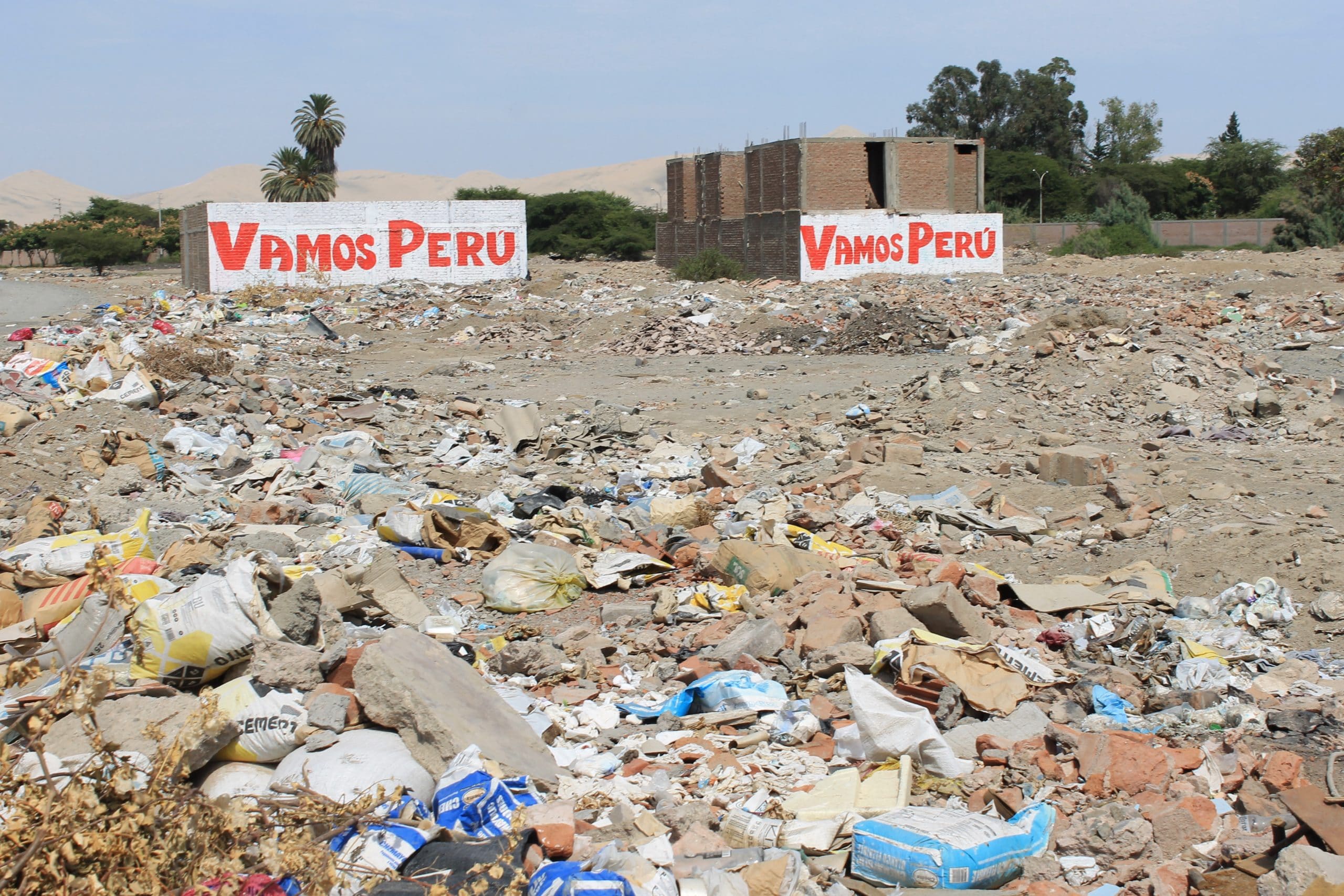2018-12-13
Companies react to Swedwatch report on water
Swedwatch’s recent report To the last drop on water related human rights risks in food production received both widespread attention and several reactions from scrutinised companies.
The report To the last drop – Water and human rights impacts of the agro export industry in Ica, Peru: the responsibility of buyers highlighted severe water scarcity, health and livelihood impacts associated with the production of vegetables in the Ica valley in Peru while also highlighting the exposed situation of human rights defenders facing threats and retaliation. The report outlined that companies that import produce from water stressed areas should conduct adequate human rights due diligence in order to mitigate and prevent water-related impacts on local communities.
As part of the research, Swedwatch was in close contact with scrutinised Swedish companies who also read and commented on the report prior to publication and provided statements that were published on Swedwatch’s website. Sweden’s second largest food retailer Axfood acknowledged “our shared responsibility for the situation since we have sourced commodities from the region, without proper due diligence and mitigation, as what is prescribed by UNGPs.” The company also stated: “If our suppliers cannot show enough knowledge and willingness to address issues in the supply chains we will turn down them in the tender process, which means we clearly send the signal to suppliers that they need to not only having certain certificates or social auditing, they also need to know, mitigate and address serious Human rights and/or sustainability issues in their supply chains.”
Swedish importer Ewerman visited the Ica valley as a result of the dialogue with Swedwatch and also consulted with suppliers and the local water authority ANA. In its response to the report, Ewerman stated that Swedwatch’s report was “relevant, troubling and thus of major importance for several reasons, including increasing the general understanding of these issues, thus making it easier to define explicit actionable activities.” Wholesaler Martin&Servera wrote that it had “read the Swedwatch report with great interest” and that the report had provided the company with “insights on the agro export industry in the Ica valley which would be difficult to obtain through other channels.” The statement continued: “The Swedwatch report shows that we need more knowledge about water scarcity and its impact on human rights issues. Also, it illustrates that Martin & Servera, and other wholesalers and retailers, need to improve methods of assessment to identify impact on local society.” Furthermore, the company outlined a need to improve control systems and intensify dialogue with subcontractors.
Peruvian industry association Association of Agricultural Producers Guild of Peru (AGAP) however expressed “total disagreement and rejection of the perspective of Swedwatch”. AGAP was offered an opportunity to comment on the report’s main findings and underlined in its response that the “development of the agro-export sector has achieved the reduction of poverty in rural areas, the reduction of informality, the generation of formal employment, the inclusion of rural women in economic activities, the economic decentralization of the country, rural development and the improvement in the quality of life of thousands of Peruvians.”
Regarding labour rights, AGAP stated that ”In many cases, the agro-export companies that we represent provide monthly remunerations above the minimum and several other additional benefits” and that “the Peruvian agro-export sector helps reducing poverty, which fell from 81.3% to 38.3% between 2004 and 2017. The fall was considerably greater on the coast: poverty in this region was reduced from 67% to 19%, in other words, it was reduced by 48 percentage points at the same period. The case of Ica is emblematic, since the poverty incidence rate has dropped considerably in recent years, arriving to 2.62% in 2017.”
In the report, Swedwatch acknowledges the importance of the agro export sector as a major employer and the role it has played, not least for women who have received new opportunities to participate in formal employment. However, small-scale farmers in the area have been heavily impacted by sinking water tables and many have lost their main source of income. Also, despite the incomes from formal employment, many workers in the sector live in areas without access to basic services in terms of water and sanitation.
The situation in the Ica valley is complex and needs to be handled carefully by purchasing companies. A sudden boycott or change of suppliers could cause severe harm, however, which is why Swedwatch recommends that companies urgently seek to address the negative impacts in close cooperation with suppliers and business peers. Swedwatch plans to visit the area together with several importing companies and looks forward to continuing the dialogue with all stakeholders with the aim of contributing to constructive solutions.
All company responses to the report can be found here.


